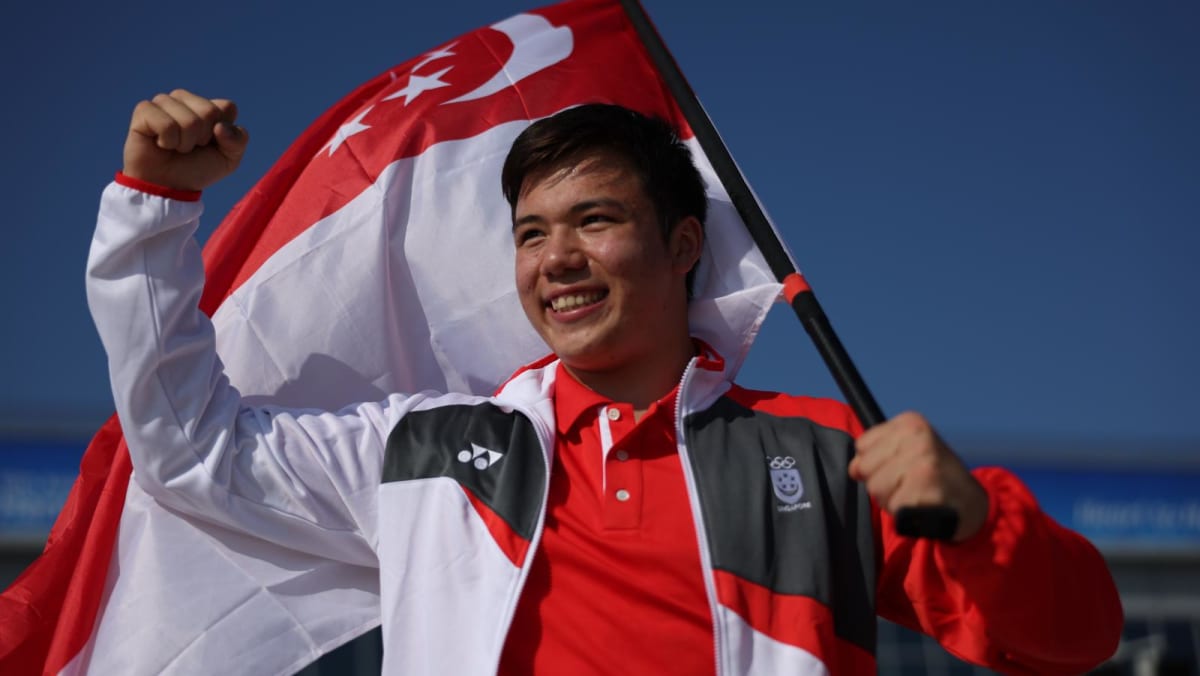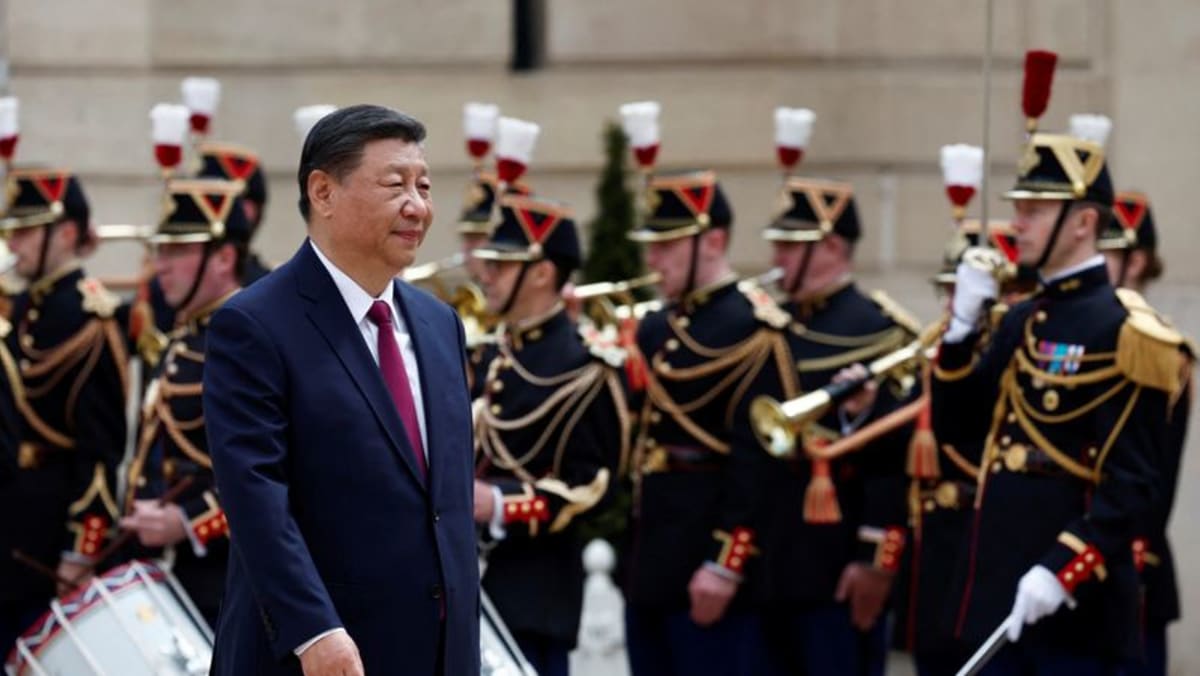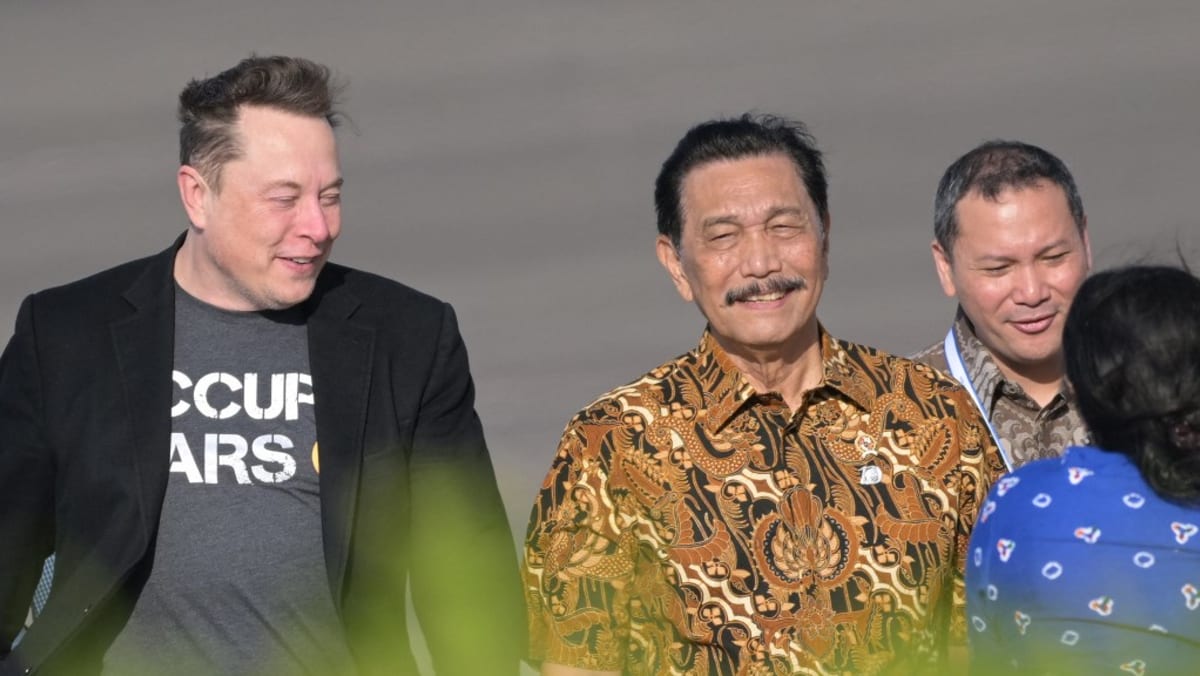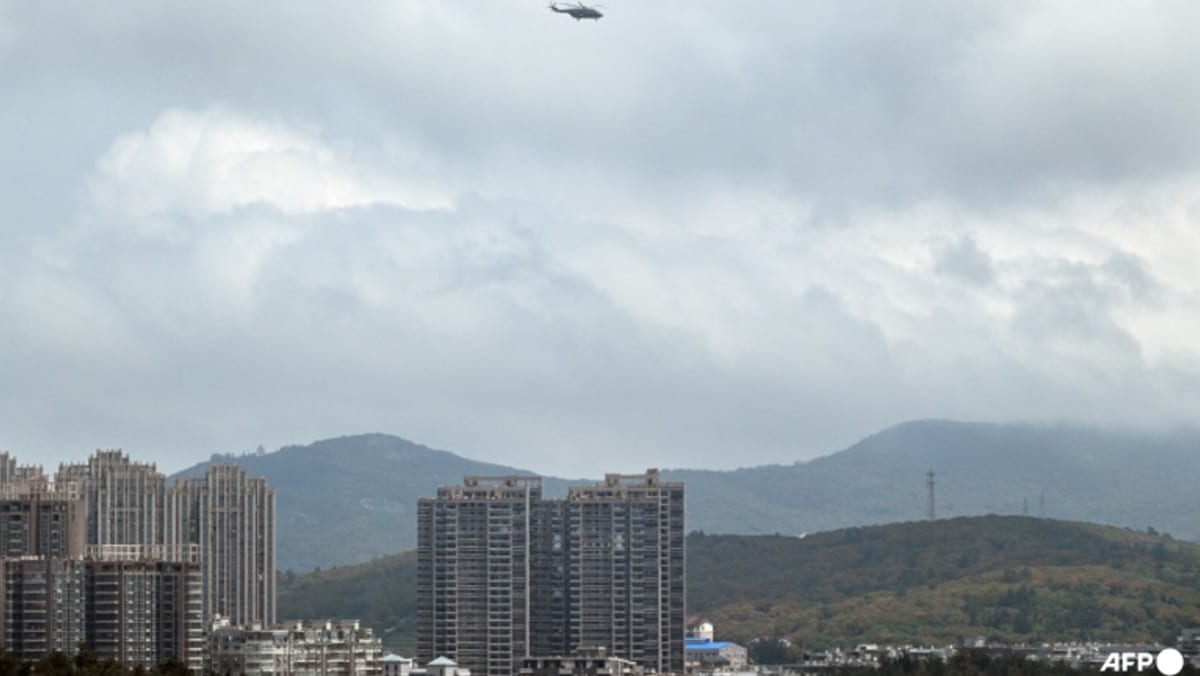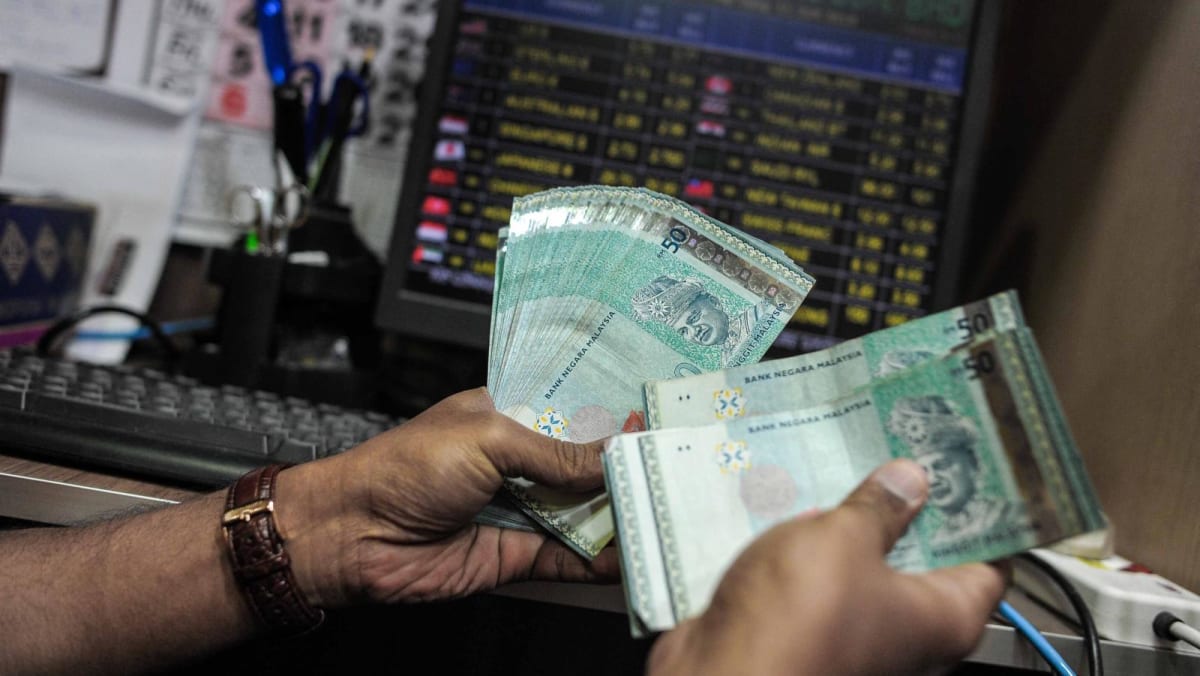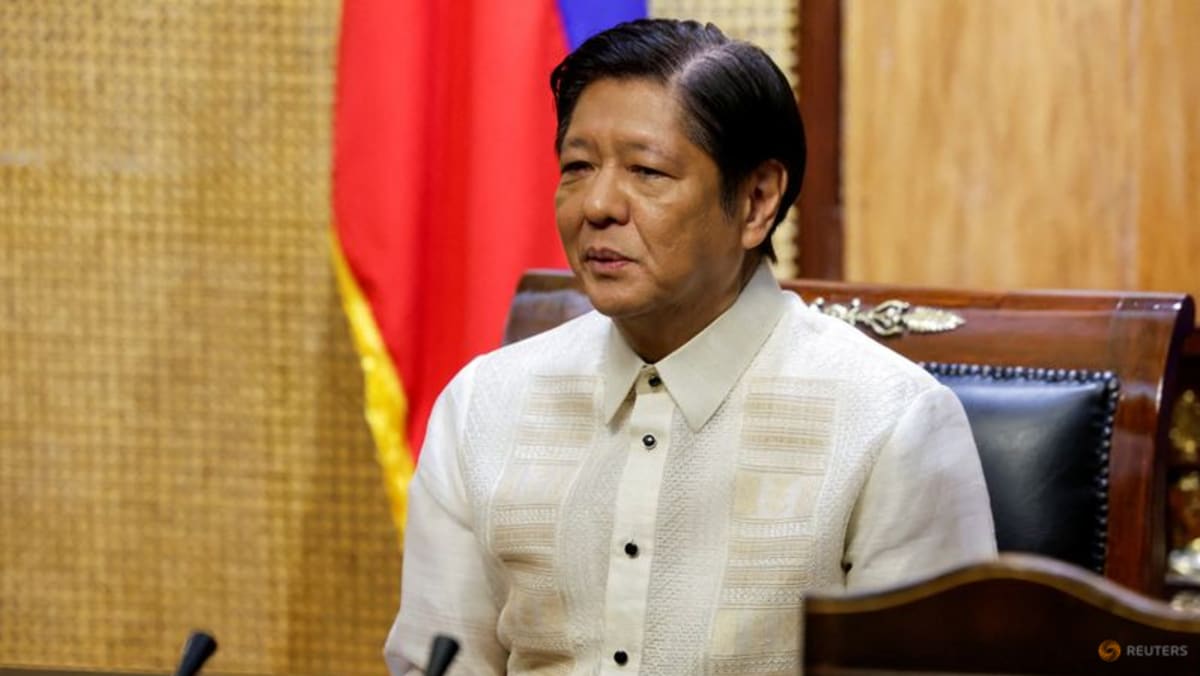What is on the agenda?
On Monday, Mr Xi held talks with Mr Macron and European Commission President Ursula von der Leyen.
The Russia-Ukraine war was among the key issues on the agenda.
During the trilateral talks, Mr Macron and Dr von der Leyen pressed Mr Xi to use China’s influence to end the Russian aggression against Ukraine.
But with Mr Putin planning to visit China later this month, it is unlikely that there will be much changes on that front, said observers.
Russian President Vladimir Putin signed a “no limits” partnership agreement with Mr Xi in February 2022, less than three weeks before sending his troops into Ukraine.
The meeting on Monday also covered trade disputes and global challenges, including the Israel-Hamas war.
Both Mr Macron and Dr von der Leyen urged Mr Xi to accept fair global trade rules.
The discussions come amid a slew of probes launched by the EU in recent months into alleged unfair trade practices by China, which had earlier slammed these moves as “protectionism”.
France has shown “some possibilities of cooperation with China that we didn’t have coming from the other countries”, which are taking a cautious approach towards it, said Dr Nestorovic.
Dr Chong said the relationship between China and the EU is multifaceted.
While some nations believe that unfair competition is driving European firms out of the market, others view China as a target for investment, he added.
“So it’s quite a mixed picture, and the two sides will have to navigate that relationship.”
Meanwhile, Mr Xi’s upcoming visits to Serbia and Hungary are seen as efforts to establish inroads in Europe.
A major project aims to refresh a railway line between the countries’ capitals of Belgrade and Budapest, mainly financed by China as part of its BRI plan. It will transport Chinese goods from the Chinese-controlled port of Piraeus in Greece onto Europe.
Serbia and Hungary are among the most sympathetic to Russia on the continent.
“The PRC support for Russia and Russia’s war efforts has been a sticking point for its relationships with Europe,” said Dr Chong.
“So I suppose going to Serbia, which is more friendly towards the PRC and outside the EU, and a sort of more Russia-receptive place like Hungary allows Xi to push the case that its relationship with Russia may not be such a bad thing, perhaps the rest of Europe shouldn’t frown upon it so much.
“But for states that are also near Ukraine, they are worried that the continued war, Russia’s continued aggression could potentially spill over into their borders.”

